New vs Resale Homes
When purchasing a home, one of the first decisions to consider is whether to choose a brand-new home or a resale home. The great news? Whichever you prefer, I can help you navigate the process and find the perfect fit.
A lot of people wonder which option is the “better” choice, but the truth is, it depends on your budget, lifestyle, and preferences. Both new and resale homes offer unique benefits and potential drawbacks, making it essential to evaluate your needs and long-term goals before making a decision.
New homes often provide modern designs, energy-efficient features, and opportunities for customization, making them ideal for those who value contemporary aesthetics and minimal maintenance. On the other hand, resale homes tend to be located in more established neighbourhoods with mature landscaping and larger lot sizes, offering a sense of character and community.
Understanding the key differences between the two options will help you make an informed decision that aligns with your vision for homeownership. Below, I’ve outlined the key details to help you weigh the pros and cons of each.
New Homes
Pros:
Options for Customization – Choose finishes, layouts, and upgrades to match your preferences.
Modern Finishes – Sleek, contemporary designs and energy-efficient features.
Newer Engineering – Built to modern building codes with updated safety standards.
Less Maintenance – Everything is brand new, reducing the need for immediate repairs.
Warranty Coverage – Protection on major structural components and appliances.
Cons:
Higher Prices – New homes tend to have a premium price tag.
Additional Upfront Costs – Landscaping, fencing, window coverings, and decks are often extra.
Vague Timelines – Delays from builders can make move-in dates uncertain.
Smaller Lots – New developments often have less yard space.
Location – New communities may be farther from city centers and amenities.
Lacks Character – Many new builds have similar designs, lacking unique architectural details.
New homes are hard to beat when it comes to modern designs, low maintenance, and the peace of mind that comes with warranty coverage. However, keep in mind that new builds often come with higher price tags and additional costs for landscaping, fences, decks, and window coverings. They’re typically located in newer communities, which means you might deal with construction noise and dust as the neighbourhood develops. Plus, timelines can vary depending on the builder’s schedule, making it trickier to plan a move.
Resale Homes
Pros:
Established Neighborhoods – More developed communities with schools, transit, and amenities nearby.
More Selection – Wider variety of home styles and designs.
Larger Lots – Older homes tend to have more yard space.
Easier Timelines – No need to wait for construction; move in sooner.
Lower Price & Upfront Costs – Often more affordable with existing landscaping and features included.
Cons:
Wear and Tear – Older homes may require maintenance or repairs.
Outdated Layouts and Style – May not align with modern design trends.
Maintenance Costs – Potential expenses for roofing, plumbing, or HVAC systems.
Potential Renovations – Some buyers may need to update kitchens, bathrooms, or other areas.
Older Systems (Heat/Water) – Older homes may not be as energy-efficient.
Resale homes often give you more variety and the opportunity to buy in established neighborhoods with nearby schools, transit, and amenities. They’re also more likely to have larger lots and lower upfront costs since landscaping, fencing, and other essentials are already in place. That said, older homes may come with wear and tear, require updates to meet modern preferences, or have maintenance costs for things like roofs, furnaces, or plumbing systems.
Choosing between a new or resale home comes down to personal preference and priorities. If you’re looking for a modern design, customization options, and minimal maintenance, a new home may be the right fit. However, if you prefer a larger lot, an established neighbourhood, and a lower upfront cost, a resale home could be the better choice.
Both options have their advantages and drawbacks, so it’s essential to consider your budget, lifestyle, and long-term plans. Understanding the pros and cons of each can help you make a confident and informed decision about your next home.

